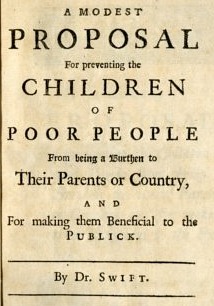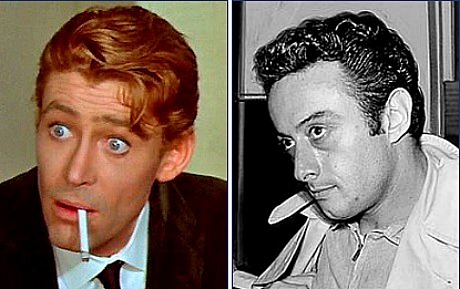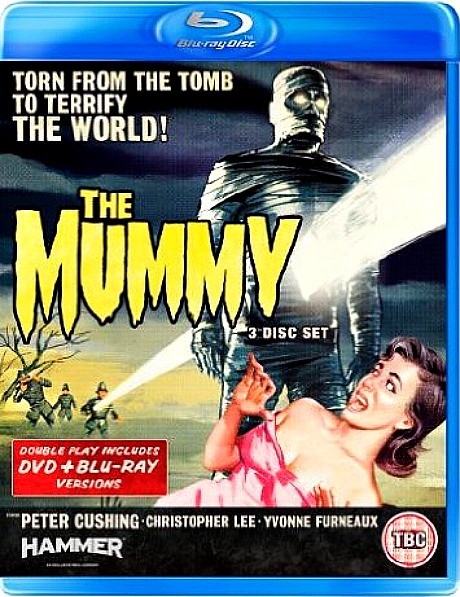Last night HE’s New Orleans correspondent Dave DuBos wrote the following after catching The Wolf of Wall Street: “I thought the film was a hilariously dead-on satire. But when the lights came up, two women sitting next to me (I didn’t know them), one in her 30s and the other in her 40s, were appalled and disgusted. ‘I can’t get those images out of my mind,’ one said. ‘I want to unsee them and I can’t.’ But when I entered the men’s room, I heard a 20something guy say ‘That’s the craziest fucking movie I’ve ever seen. Were those guys really like that?’ He seemed to be in awe of them while the women were obviously put-off by the behavior.
“I also noticed numerous walk-outs,” DeBos writes. “People were clearly disturbed by that third-act scene when Jordan Belfort punches out his wife (twice) a la Jake La Motta.”
In other words, a typical American middle-class reaction. 90% apparently responded solely to subject matter while ignoring or flat-out missing the metaphor. They didn’t get (or chose not to consider) what it was saying — they only knew how it made them feel. Everything that Joe and Jane Popcorn see is processed as either (a) “whoo-hoo, that was entertaining!” or (b) “uhm, that got me emotionally” or (c) “Jesus, that wasn’t very entertaining” or “whoa, made me feel bad!”
Yes, the punch-out scene is very disturbing, Mrs. Clanton. Anyone with a smidgen of common humanity would and should feel repelled by the behavior in this scene. But there’s this other thing to consider when you’re watching a film, especially an art film about notoriously ill-behaved sociopaths. It’s called context. I know, I know…too intellectual, right?












